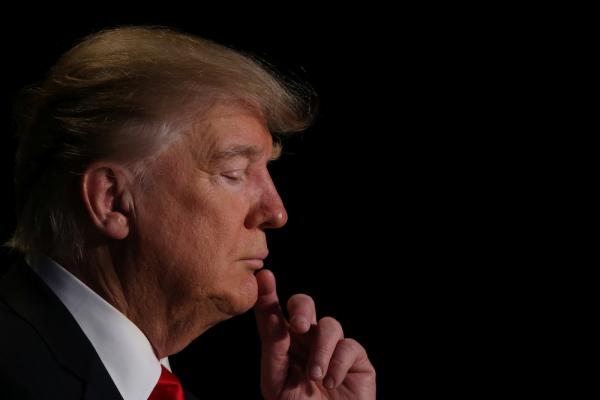May 15, 2025
One of the more alarming aspects of the Trump administration is the way it seeks to instrumentalize Christianity — both as a weapon against its political opponents and to reward its political supporters.
Read the Full Article

Already a subscriber? Login
